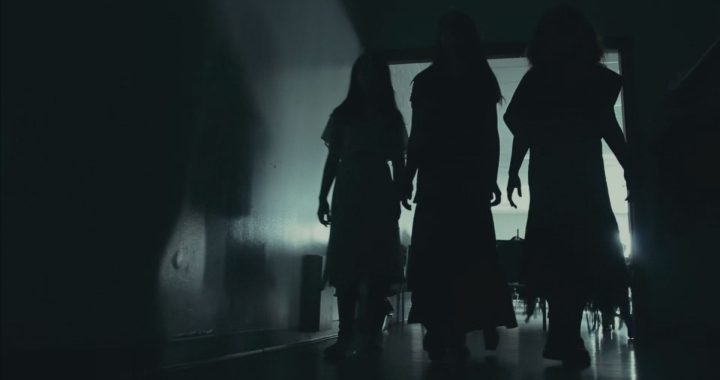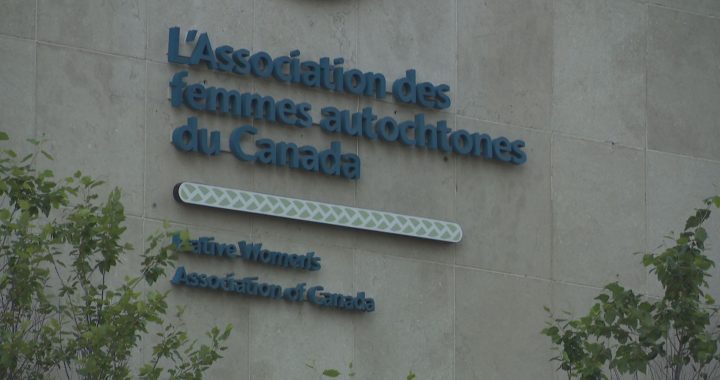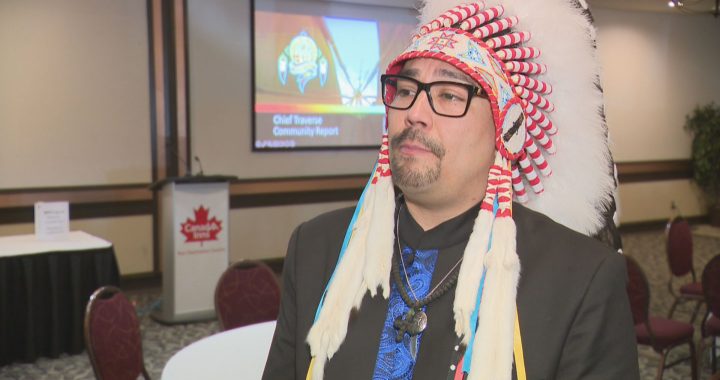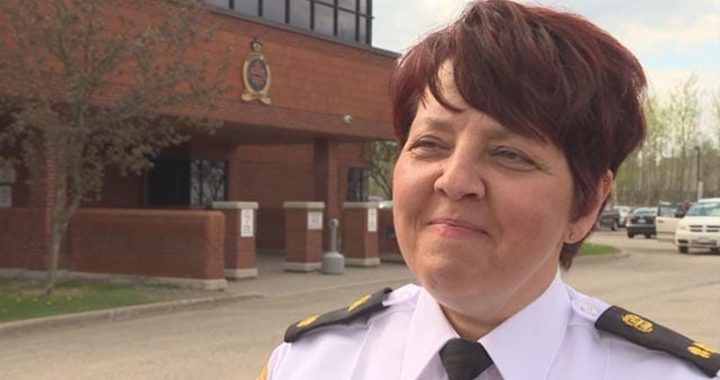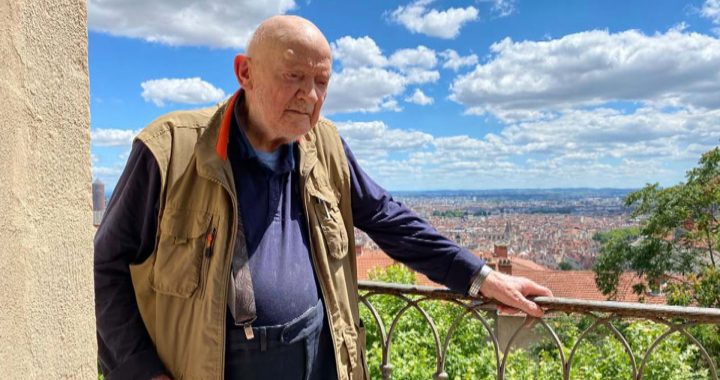Once a week, Margaret Leishman drives an-hour-and-a-half to fill prescriptions and shop for supplies.
She considers the trip self-care, but the lack of resources in her home community of Kakisa, Northwest Territories is no laughing matter when it leaves her with no other option but to commute to the neighbouring community of Hay River.
“I had an elder with me in Hay River they didn’t know what they were taking. I took those pills from them and looked at the labels rather than the computer to see what side effects it had. Those are the kind of things elders need for someone to tell them,” Leishman said.
Leishman is one of seven K’ágee Dene elders living Kakisa, the smallest community in the N.W.T. with a population hovering around 50.
The hamlet has no homecare services available locally, no grocery store and no seniors’ residence.
“Even nurses who come here, we don’t have good interpreters for elders. You need fluent interpreters that know the traditional way of people to interpret for you,” she said.
Margaret Leishman knows the traditional protocol of respecting her elders – a design for living passed down to her when she was just small.
“There were seven or eight families that lived in a group. They travelled around with the seasons. Every family had an elder who they took care until they were really old,” Leishman said with her moose hide moccasins firmly planted on the floor and gaze cast towards the river.
The 78-year-old is an elder herself, a respected knowledge holder, a counsellor, an educator and a fluent Dene Zhatié language speaker.
“Things changed at the end of the 1950s. The role of our elders slowed died out, because the elders were our teachers, our spiritual people and healers but when children were sent to Residential Schools that teaching kind of stopped,” she said.
Leishman’s taken every opportunity at every level of government to advocate for elders.
“The elders left at home are in danger because nobody looks after their housing needs.” Leishman said.
She told APTN News of many safety issues face in their homes which act as barriers for elders to age in place.
“I really want to see houses designed to meet the needs. Three years ago I got some railings after I made a big fuss. What alarms can be installed if there is a stove left on or a bathroom tap was left running?” Leishman said.
According to Leishman, there’s glaring shortcomings in the N.W.T. Housing Corporation admission process.
“Whenever elders were applying for repairs or assistance, they were told they [N.W.T. Housing Corporation] can’t help them because their family members live with them. We are Dene people and family oriented people,” she said.
As a tiny remote community, Kakisa has always had to take care of their own.
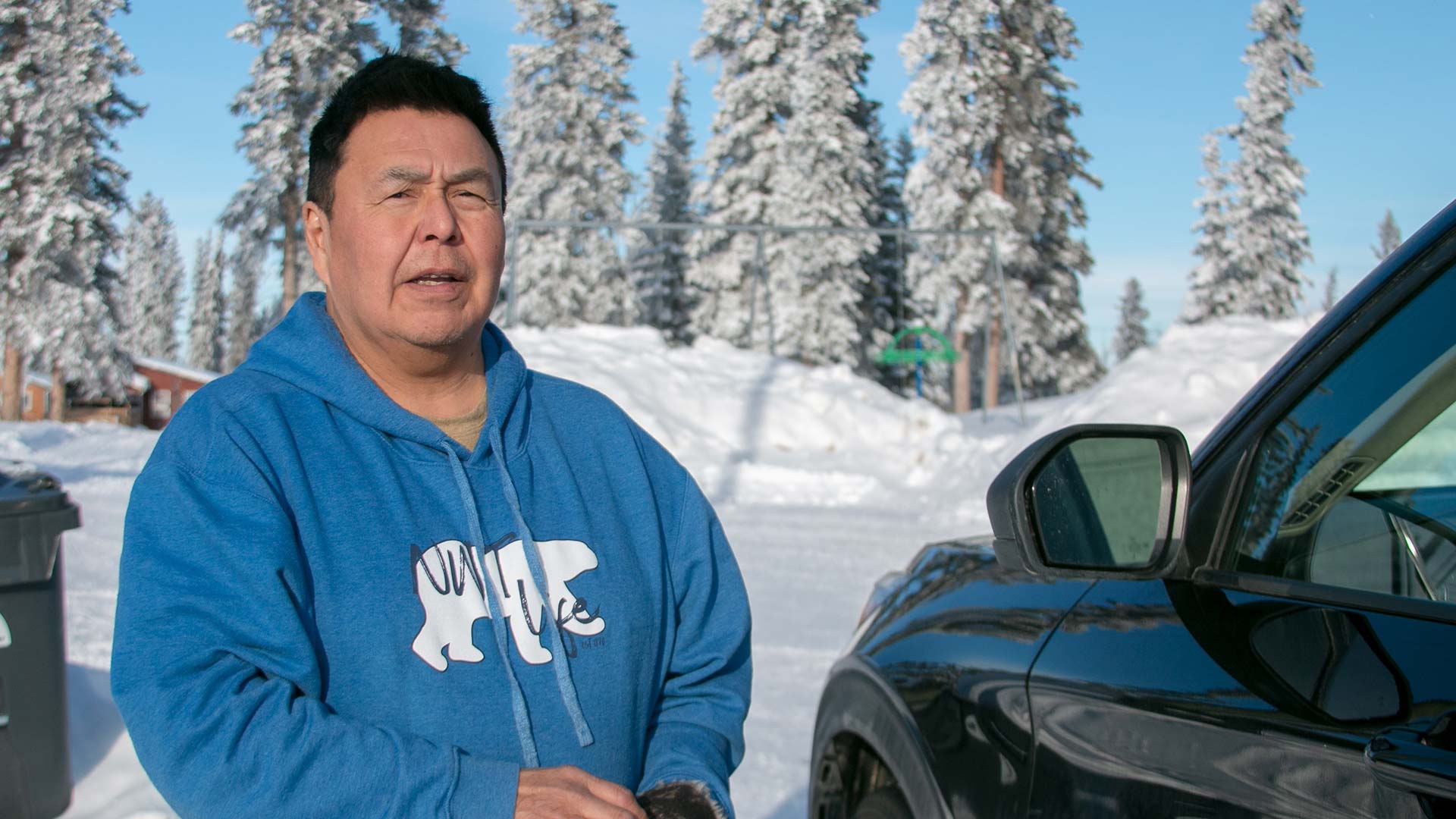
Chief Lloyd Chicot has been in leadership since the early 1990s and said there’s been some improvements for elder’s housing.
“We have initiated some programs like installing steps, and handicap railings. We have also done work with alternate energy doing audits on units,” Chicot said.
Even with improvements, the chief cited hardships for his community to achieve long-term goals while working with short-term funding where proposals are done on a year-to-year basis.
“Usually we go to the MLA, but every time we have a constituency meeting we bring up these issues, and it is just like a community visit for them and they go back to Yellowknife. Nothing happens unless we take our own action,” he said.
Chicot and Leishman both have advocated for public education on health issues affecting their elders such as cancer, diabetes and dementia.
“In the last ten years we started seeing these things in our community. You notice subtle differences. We are near a river and there’s lots of trails that go all over the place, we think some of them [Elders] who do get dementia, we have found them wandering around and stuff like my uncle,” Chicot said.
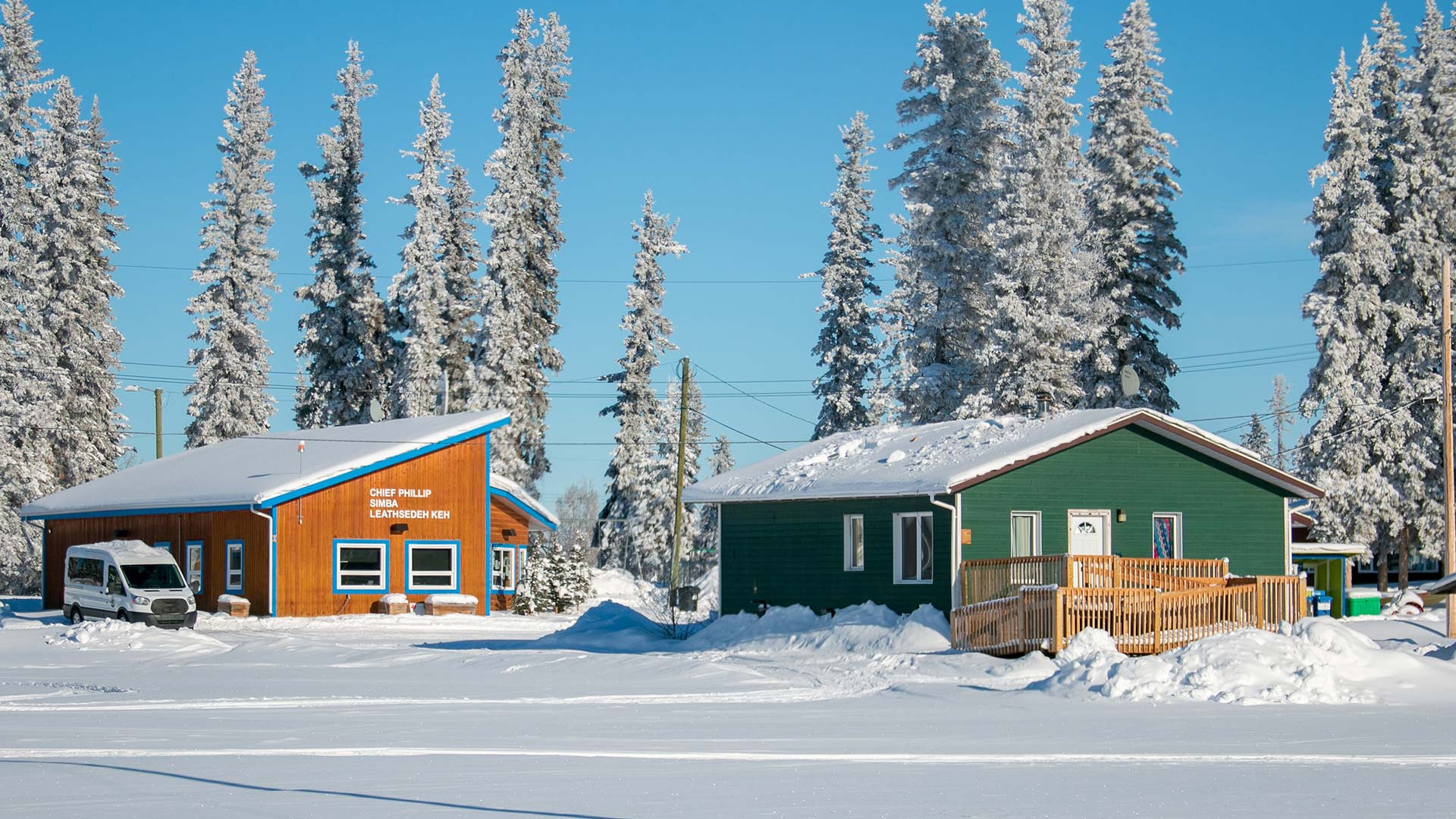
Since the fall of 2020, the territorial government has been developing an elder’s strategy.
In an email statement, the health department told APTN they are currently “engaging in stakeholders to identify gaps in services,” and that the strategy is expected by June 2022.
In January, the Northwest Territories Senior Society presented the territorial government with their own research on elder’s needs and priorities for an elder’s strategy.
Suzette Montreuil, N.W.T. Senior Society executive director said the lack of transportation, homecare and social support options across the territory requires immediate attention.
“We have identified several concrete measures that would help and want to see those measures put in place. I think we have a lot of catch-up to do both in supported living, more services in the home and long-term care,” Montreuil said.
Seniors are the fastest-growing age group in the territory. According to the N.W.T. Bureau of Statistics, the number of seniors more than doubled from 2003 to 2018 to nearly 5.600 and is projected to reach roughly 9,400 by 2035.
“Many of the seniors who own their own homes say it is really hard to get repairs or minor upkeep on their home. Then if it comes to a point where a senior wants to live in a smaller place if they don’t have their big family there anymore or just want less to manage there could be a senior’s unit for supported living,” she said.
Last month, a Fort Good Hope, N.W.T. a new senior’s supportive independent living complex opened, allowing some elders in the remote 500 person community to age in place.
The complex is the latest of five similar units to be built in the N.W.T. with supported living complexes recently opened in Aklavik, Fort Liard, Fort McPherson, and Whatı̀.
For Leishman, she sees the matter beyond statistics, that caring for elders is a sign of respect.
“Systemic discrimination has been with my people for a long time. I think about the elders in my community not getting the best quality housing, best quality education, health and everything else, it’s always the back of my mind and it is a reality. Every chance I get I bring it up,” she said.




